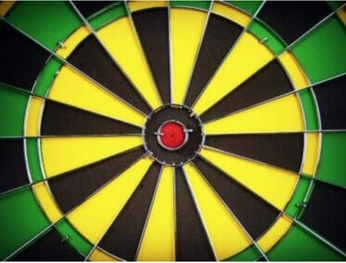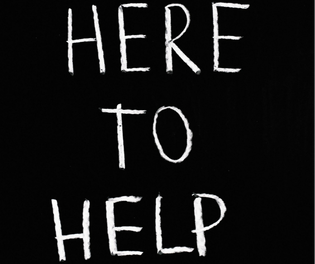Eating Disorders:
Writing, Speaking, and Mentoring
Over the last decade, advancements in genetics and neuroscience have changed the way we think about eating disorders. Eating disorders aren’t choices or mental illnesses. They’re “metabo-psychiatric conditions”: complex interactions of genes, environment, physiology, and temperament. They happen when someone of any shape, size, weight, or identity falls into "energy deficit," unleashing a whole cascade of measurable physiological responses. This scientific awareness is crucial for removing shame and stigma and changing treatment. It makes space for new, fascinating questions:
What is the relationship between genes and choice, illness and identity?
What does illness teach us about the relationship between mind and body?
What tools and vocabularies (science, medicine, spirituality, narrative) are necessary for whole-person healing?
How does the experience of illness alter the way we understand ourselves, others, and the world?
Emily’s work combines cutting-edge research with her experience of recovering from anorexia and her years of mentoring others. Through writing, podcasts, and public speaking, she shares how science changes the lived reality of recovery and invites new ways thinking about the self.
What is the relationship between genes and choice, illness and identity?
What does illness teach us about the relationship between mind and body?
What tools and vocabularies (science, medicine, spirituality, narrative) are necessary for whole-person healing?
How does the experience of illness alter the way we understand ourselves, others, and the world?
Emily’s work combines cutting-edge research with her experience of recovering from anorexia and her years of mentoring others. Through writing, podcasts, and public speaking, she shares how science changes the lived reality of recovery and invites new ways thinking about the self.



